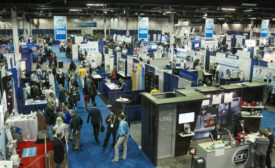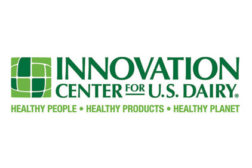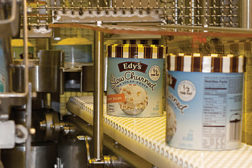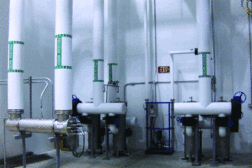Home » Keywords: » food safety best practices
Items Tagged with 'food safety best practices'
ARTICLES
Trade show will feature more than 450 exhibitors spanning 100,000 net square feet.
Read More
IDFA honors 25 dairy plants with Safety Recognition awards
Dairy processors honored for outstanding achievements in worker safety.
September 13, 2023
Dropping allergen soft claims for accredited certification
Both food allergen labeling, and cross-contact prevention are at the forefront for obvious reasons.
August 1, 2023
Food Safety Summit draws 2,700 industry professionals
The Summit combined 1,200 in-person and 1,500 virtual participants who were able to learn together.
May 18, 2023
Safety first
Seminar series on best practices in food safety starts in Phoenix in February
Workshops will be offered to three separate dairy audiences including dairy plants, controlling supply food safety risks, and artisan/farmstead cheesemakers.
January 14, 2014
Northeast Indiana says it is friendly to Dairy Processing
A regional development agency seeks food processors. Edy’s ice cream thrives because of a large supply of cream, the transportation infrastructure, low energy rates and a strong labor force.
May 13, 2013
Food safety
Signs, labels and tags protect dairy products in the plant
Matching the proper labeling supply to the application takes an understanding of the hundreds of chemicals used at chemical washdown sites.
November 28, 2012
Get our new eMagazine delivered to your inbox every month.
Stay in the know on the latest dairy industry trends.
SUBSCRIBE TODAYCopyright ©2024. All Rights Reserved BNP Media.
Design, CMS, Hosting & Web Development :: ePublishing









